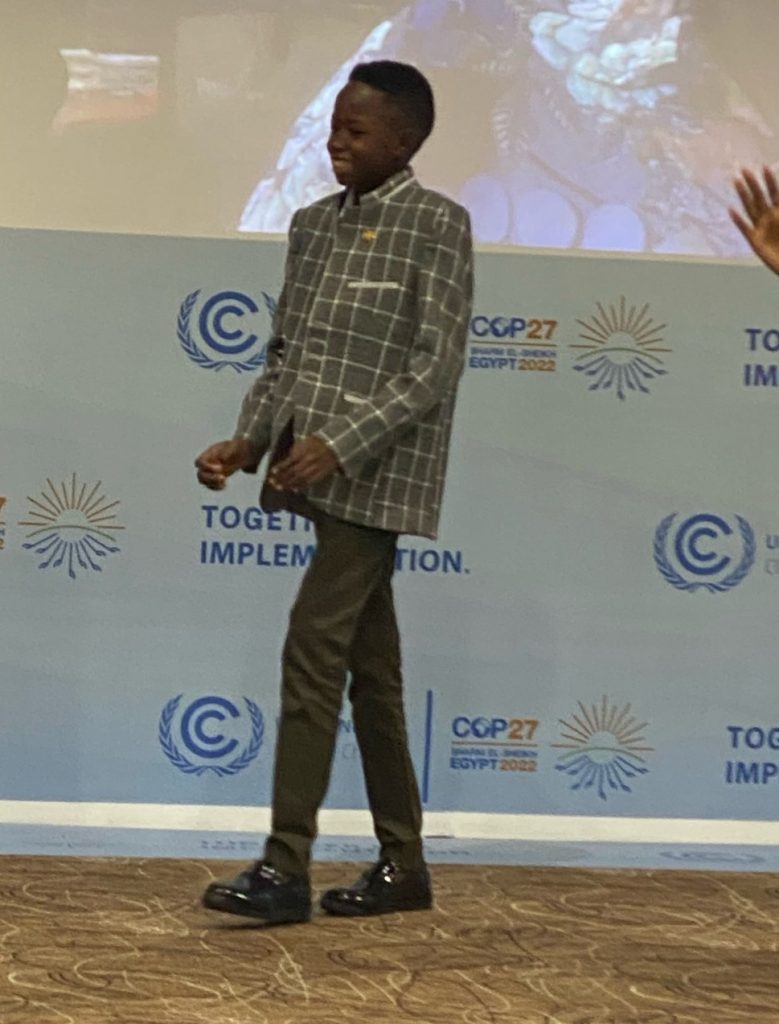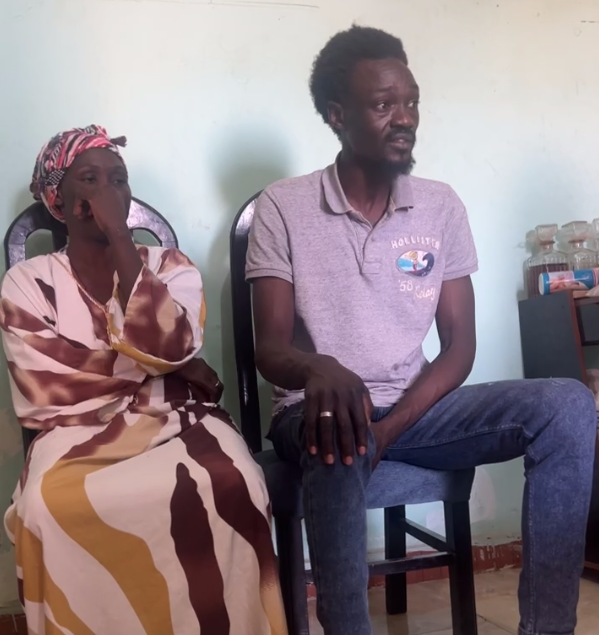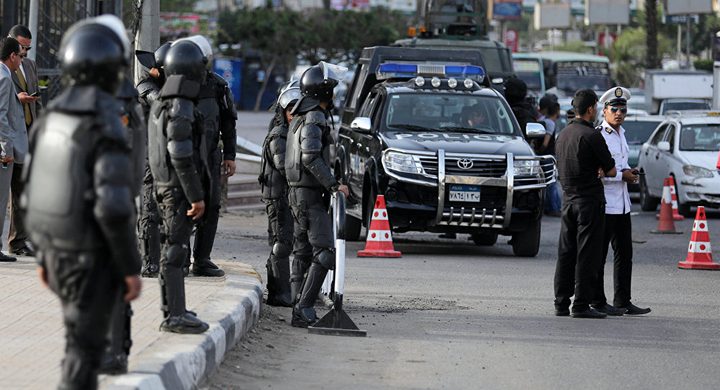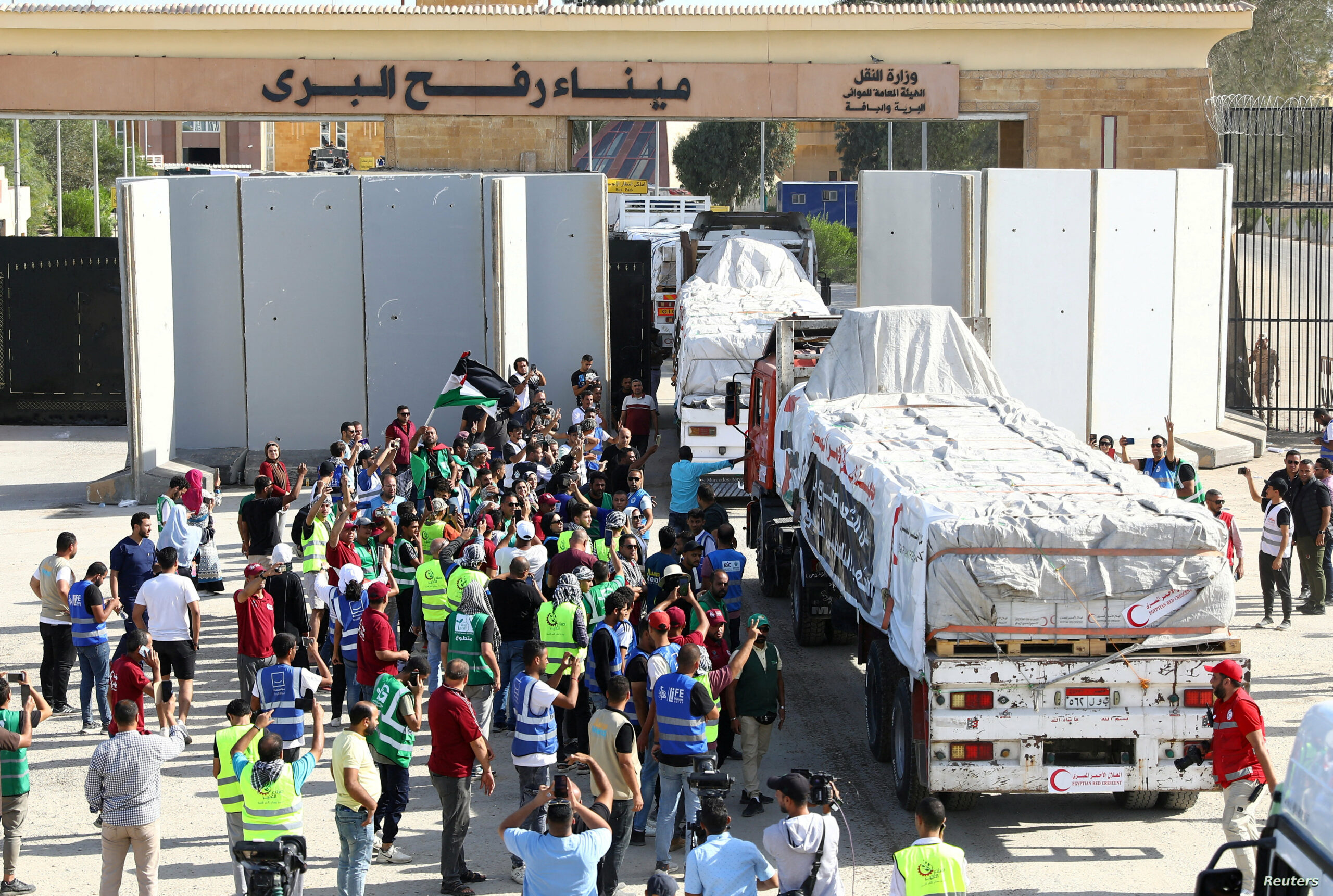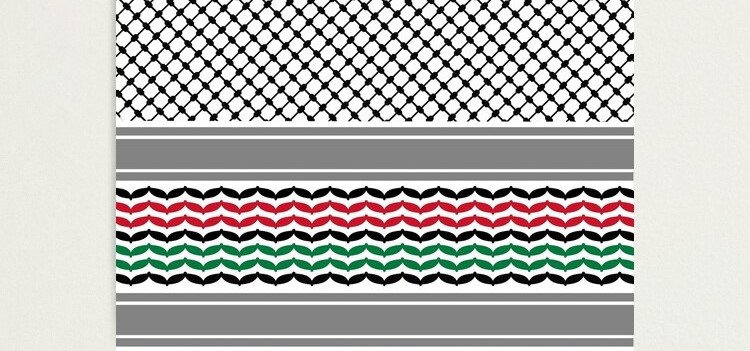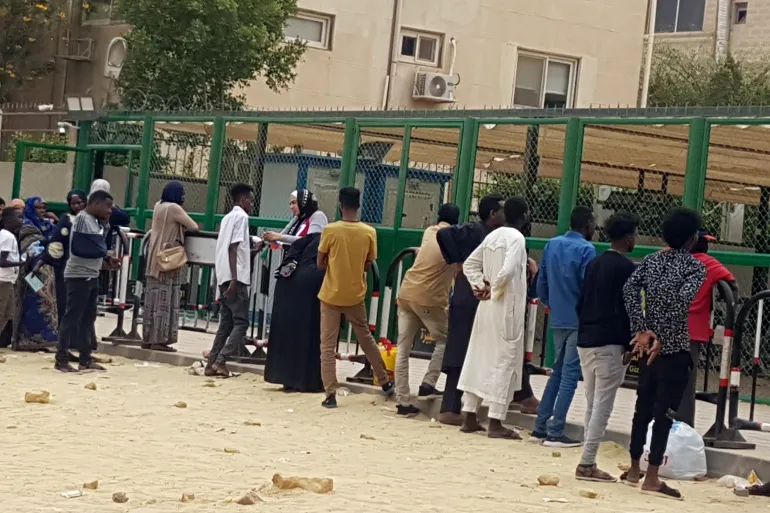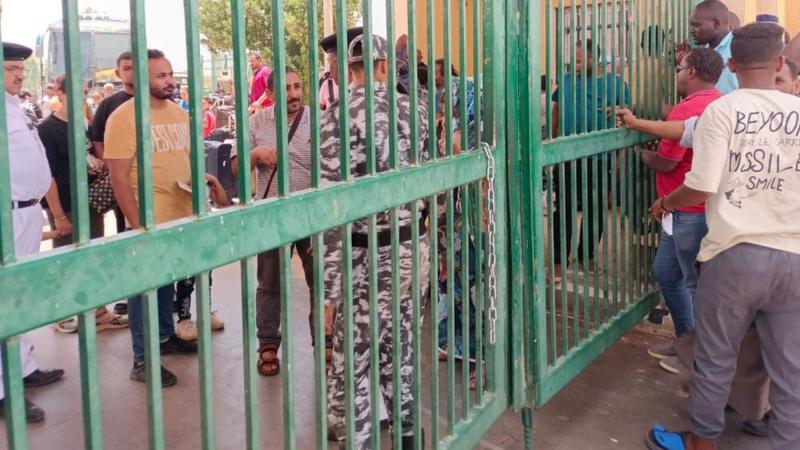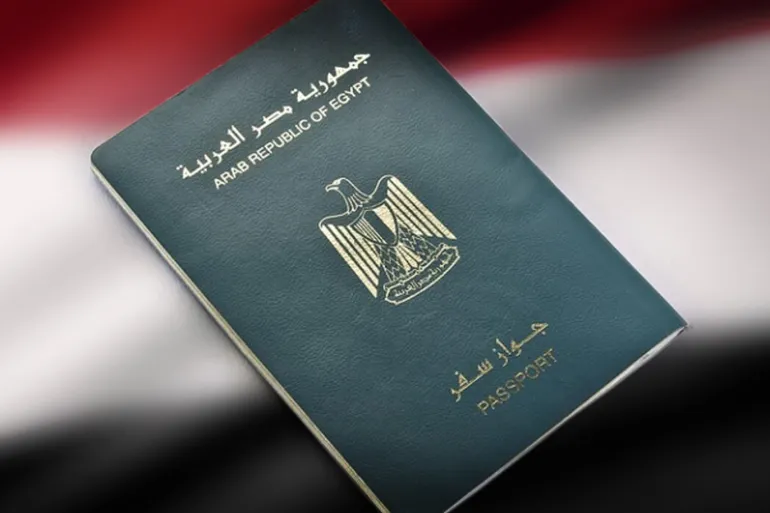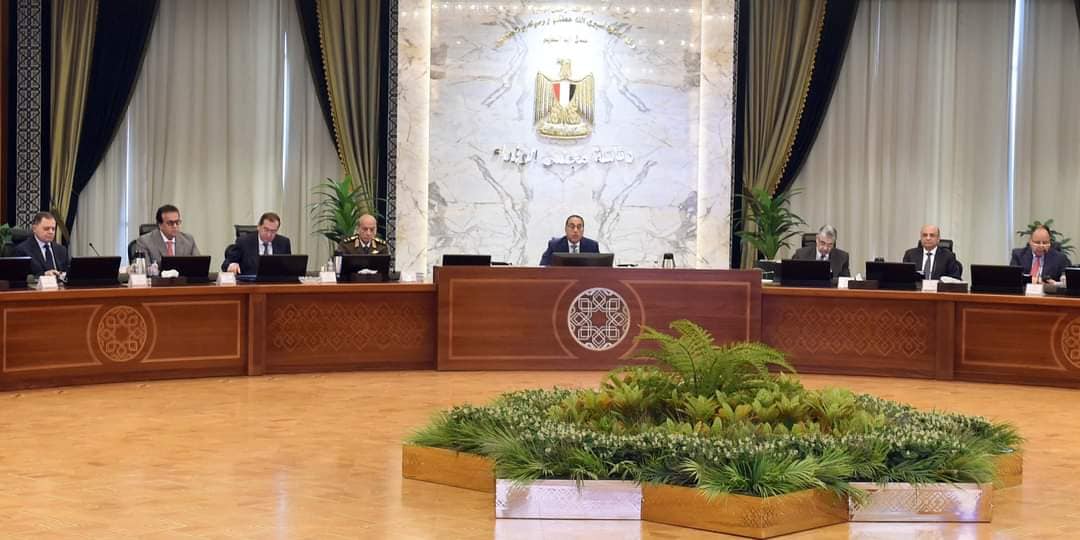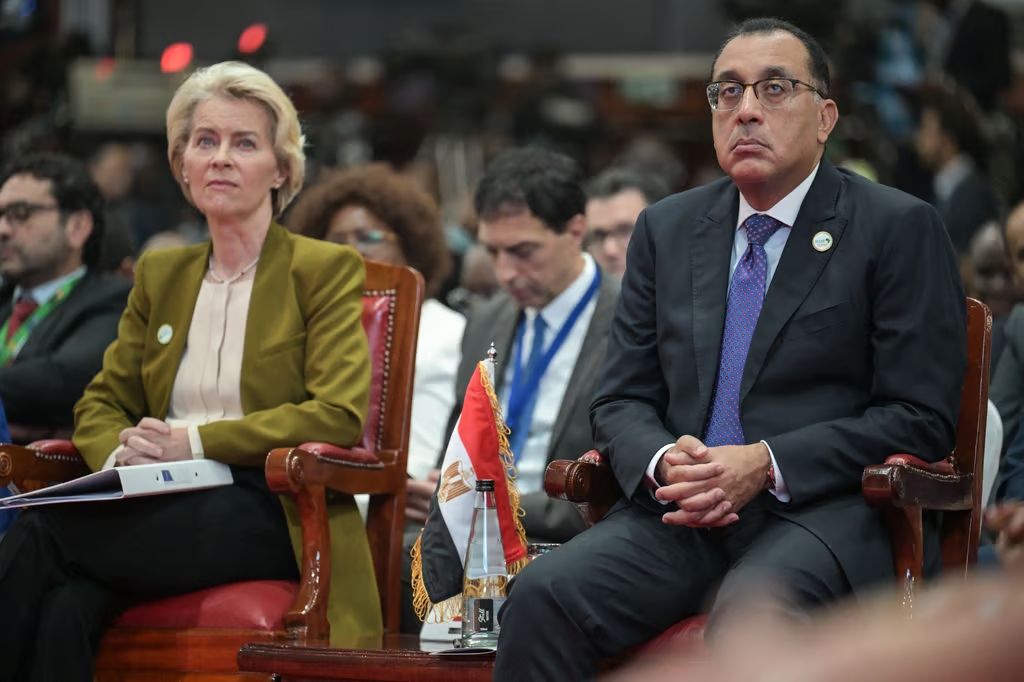Last Sunday, November 13, at one of the meetings of the climate conference (COP27), which is taking place in Sharm el Sheikh in Egypt; the Sudanese child “Asaad”, 13 years old, told the story of his escape from the floods and flash floods that hit Sudan last summer from May to September.
The story started when Asaad was playing with his cousin in the courtyard of his house in the countryside of Sudan. In an instant, the house walls crashed down, severely injuring the cousin’s feet, while Asaad’s arms were scratched and he lost his consciousness. He woke up, after at a primitive hospital, to the news that the flood had destroyed his home.
ِAsaad migrated from Sudan to Egypt due to the climate change disasters of floods and flash floods that have struck every corner of Sudan.
During this year, the number of people affected by climate change reached 349,000 according to the Government’s Humanitarian Aid Commission (HAC) by October 17, 2022. At least 24,860 homes have been destroyed and 48,250 homes have been damaged in 16 out of the 18 states. The National Council for Civil Defence reports that 146 people died and 122 people were injured since the beginning of the rainy season in June.
Asaad told his story at the climate conference in the company of a woman and man from Niger, a young woman from Yemen, and a man from Bangladesh. All of them spoke about the threats that climate change poses for their countries, and what are the consequences and dangers of climate change, from severe drought and lack of food and water security and depletion of basic resources, because of the desertification and degradation of agricultural lands and the floods.
Giving a platform for people to talk about experiences with climate migration and raising awareness of the dangers it entails is important. But more importantly, is to prepare for these changes and provide protection and safety for those people on the move as a result of climate change.
At the present moment, international treaties and conventions do not recognize climate refugees, and the international law or domestic policies in most receiving countries do not protect those who are compelled to migrate because of climate change, which threatens their livelihoods and safety.
In Egypt: according to an estimate from the International Organization of Migration (IOM) in August 2022, there are 9 million international migrants living in Egypt and among those the Sudanese groups alone represent 4 million people. Likewise, the latest statistic published by UNHCR Egypt on October 31, 2022 states, that there are 288,173 refugees registered by the UNHCR, of those half are from Syria, and the other half are from East African countries, among those 58,521 from Sudan and 23,701 from South Sudan.
The news circulating on Asaad speaks of this child as “more fortunate” than other children in his situation, who are “waiting in long lines to complete the immigration procedures”, or who – as Asaad says – hand themselves over to smugglers to cross the border with them – in an irregular way. Asaad says, while his eyes fill with tears, that he himself was able to escape, “but what about his peers?”
Asaad is indeed fortunate. The Egyptian authorities are systematically blocking thousands of migrants yearly on the borders of Egypt through ambiguous practices most of which include arbitrary detention of men, women and children in awful detention centers. Some of these centers are unofficial and the conditions of detentions are inhumane and without physical or mental health care.
The detainees who are applying for asylum are being deprived of communication with the UNHCR, which makes them unable to complete the asylum procedure. On top of that, the Egyptian authorities forcefully deport applicants for asylum to states, where it is feared there is a risk of them being killed or exposed to torture, disappearance and forced labour.
As of the date of publishing this report, Egypt does not have a domestic legislation that guarantees the implementation of international obligations concerning refugees, applicants for asylum, and migrants. In addition to an inability to meet basic needs, Egypt has an extensive record of human rights violations of refugees and migrants and no conditions of protection and guarantees of justice. These issues and more make the actualization of climate justice far-fetched.
“Refugees Platform in Egypt” regularly documents the poor realities of the treatment of migrants and refugees, especially of women and children, and their exposure to sexual harassment and discrimination. Refugee women and girls, especially those who are brown, are facing a greater risk of societal, sexual and gender-based violence.
Last February “Refugees Platform in Egypt” published 15 testimonies from Sudanese refugees residing in Cairo reporting on their abduction by security forces and their compulsion to work in a “warehouse” whose location they could not determine. Thereafter they were left in the desert and were forced to work while subjected to beatings and threats.
These violations of the rights of migrants and refugees occur in the absence of protection or means of achieving justice for the most vulnerable groups, the women, the unaccompanied migrant children, and the victims of human trafficking.
Because of the horrific human rights crisis in Egypt and the hosting of the climate conference this year in the country, it has become clear to an increasing number of people that there is a lot of work ahead of us until we reach true climate justice. Work on climate change must begin more profoundly from perspectives of human rights, achievement of justice, and guaranteeing of complete individual rights whether on a local, regional or international level.
Therefore “Refugees Platform in Egypt” published a paper at the beginning of the climate conference, which explains the intersections between climate change, forced displacement and human rights. The paper proposes a collection of important recommendations, which we continue to repeat once again to the governments, international organizations, and groups participating in the “COP27”, as well as the Egyptian government.
You can read the full paper HERE.

